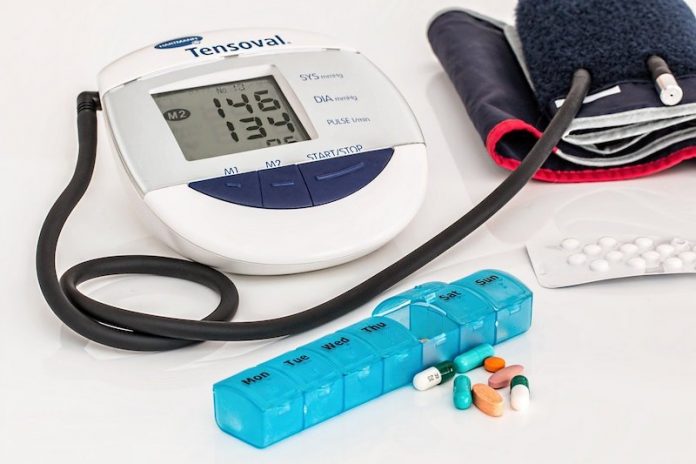
In a new study, researchers found that higher blood pressure during exercise and impaired BP recovery after exercise in midlife may predict heart disease and mortality in later life.
The research was conducted by a team from Boston University and elsewhere.
The team used data from 1,993 Framingham Offspring Study participants to examine the associations of midlife blood pressure responses to exercise with the risk for heart outcomes and mortality in later life.
They found that an increase of exercise blood pressure was linked to higher left ventricular mass and carotid intima-media thickness (the thickness of the inner two layers of the carotid artery).
Further, rapid blood pressure recovery was linked to lower left ventricular mass and carotid intima-media thickness.
Furthermore, for an increase of exercise blood pressure, there was an association with a higher risk for incident high blood pressure and heart disease.
In further analysis, an increase in blood pressure recovery was linked to a lower risk for high blood pressure, heart disease, and all-cause mortality.
The team says exercise blood pressure and blood pressure recovery after exercise in midlife may provide important information about the risk of high blood pressure, heart disease, and mortality in later life.
One author of the study is Joowon Lee, Ph.D. from Boston University.
The study is published in the Journal of the American Heart Association.
Copyright © 2020 Knowridge Science Report. All rights reserved.



